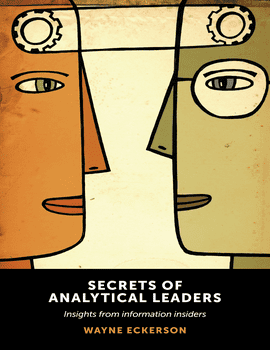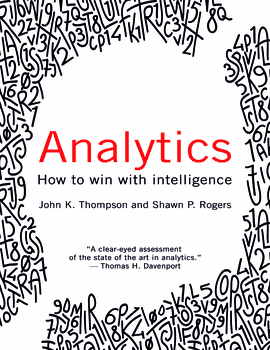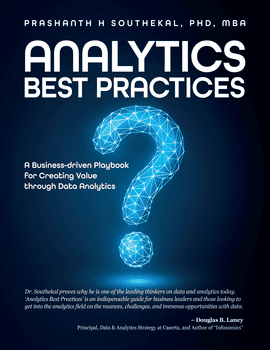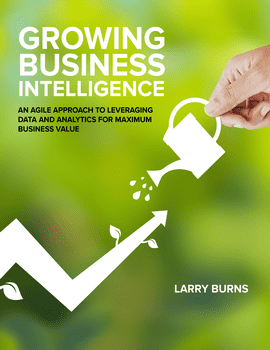Bill Inmon’s Textual Analytics Collection
Bill Inmon’s Textual Analytics Collection
Bill Inmon, the “father of the data warehouse,” has written 60 books published in nine languages. ComputerWorld named Bill one of the ten most influential people in the history of the computer profession.
Hearing the Voice of the Customer

Increase the awareness of your customer’s behavior to survive and excel within your industry.
One hundred years ago, the voice of the customer was easily and routinely heard by the shopkeeper. In small towns, the shopkeeper knew everyone. Today’s world has gotten much bigger and much more complex. No longer does the store owner personally know everyone who comes into the store. Yet there are three important abilities technologies offer that make it possible to listen to the voice of the customer today:
- The ability to acquire, store, and manage huge amounts of data
- The ability to read and understand text in a computerized environment
- The ability to visualize data
This book answers important questions such as:
- Where is the voice of the customer heard?
- How does the corporation find and capture the voice of the customer?
- How is the voice of the customer actually interpreted and understood?
- How do you cope with the volume of messages the customer is sending you?
- How do you separate noise from the important messages?
- How do you analyze the composite voice of the customer over thousands of customers?
- How do you reduce the voice of the customer to a visual format that is understood by management?
- How do you know when the message the customer is sending changes?
After reading this book the reader will be able to manage, build, and operate a corporate infrastructure that listens to the voice of the customer.
Turning Text into Gold

This book will introduce you to the world of taxonomies and textual analytics.
In our distant past, we attempted to create wealth by turning everyday substances into gold. This was early alchemy, and ultimately it did not work. But the world has changed. Today we have a type of “modern alchemy” that really can create gold. We can transform voluminous text into a wealth of knowledge.
Text is a common fabric of society, yet it is still challenging for our technology to make sense of text. This is where taxonomies can help. In this book, legendary Bill Inmon will introduce you to the concept of taxonomies and how they are used to simplify and understand text. We emphasize the practical aspects of taxonomies, and the subsequent usage of taxonomies as a basis for textual analytics.
This book is for managers who have to deal with text, students of computer science, programmers who need to understand taxonomies, systems analysts who hope to draw business value out of a body of text, and especially those who are struggling to decode data lakes. Hopefully for those individuals (and many more), this book will serve as both an introduction to taxonomies and a guide to how taxonomies can be used to bring text into the realm of corporate decision-making.
This book will introduce you to the world of taxonomies, as well as explore:
- Simple and complex taxonomies
- Ontologies
- Obtaining taxonomies
- Changing taxonomies
- Taxonomies and data models
- Types of textual data
- Textual analytics.
In addition, several case studies are presented from industries as diverse as banking, call centers, and travel.
Turning Spreadsheets into Corporate Data

For years, business users have leveraged spreadsheets for storing and communicating data. Although spreadsheets may be easy to create and update, making important corporate decisions based on spreadsheets is risky due to the lack of data credibility. Whether you are a manager, developer, end user, or student, this book will help you turn spreadsheet data into credible, useful, reliable data that can be trusted in order to make important decisions.
A chapter is dedicated to each of the following topics:
- Brief history of spreadsheets
- Spreadsheet paradox
- Spreadsheet varieties
- The PDF spreadsheet
- Spreadsheet formatting
- Spreadsheet disambiguation
- The intermediate database
- The ssdef database
- The corporate database
- The metadata database (mnemonic database)
- Political considerations
- Data modeling and the spreadsheet
- Case study
Faculty may request complimentary digital desk copies
Please complete all fields.




